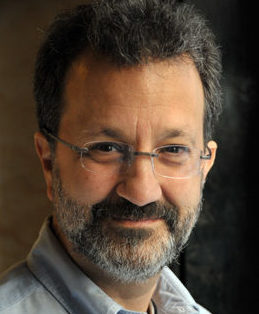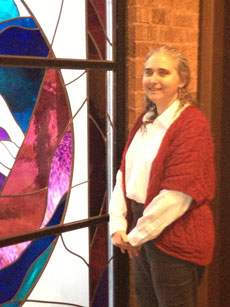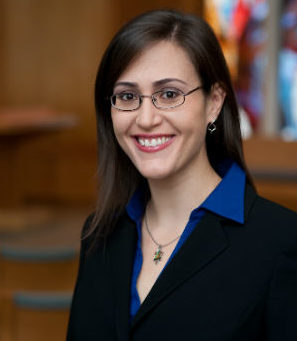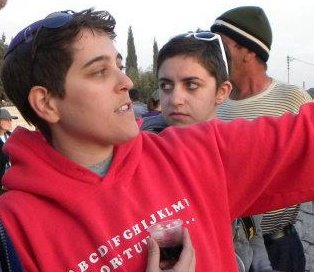
How does it feel to be homeless in NYC?
“These are the names of the children of Israel, who came towards Mitzrayim.” (Shmot 1:1) I decided to experience firsthand what homelessness feels like. Having the privilege of serving a vibrant and amazing congregation in Manhattan’s prestigious Upper East Side, and living in that same neighborhood, I have never quite felt that my sense of...
read more









